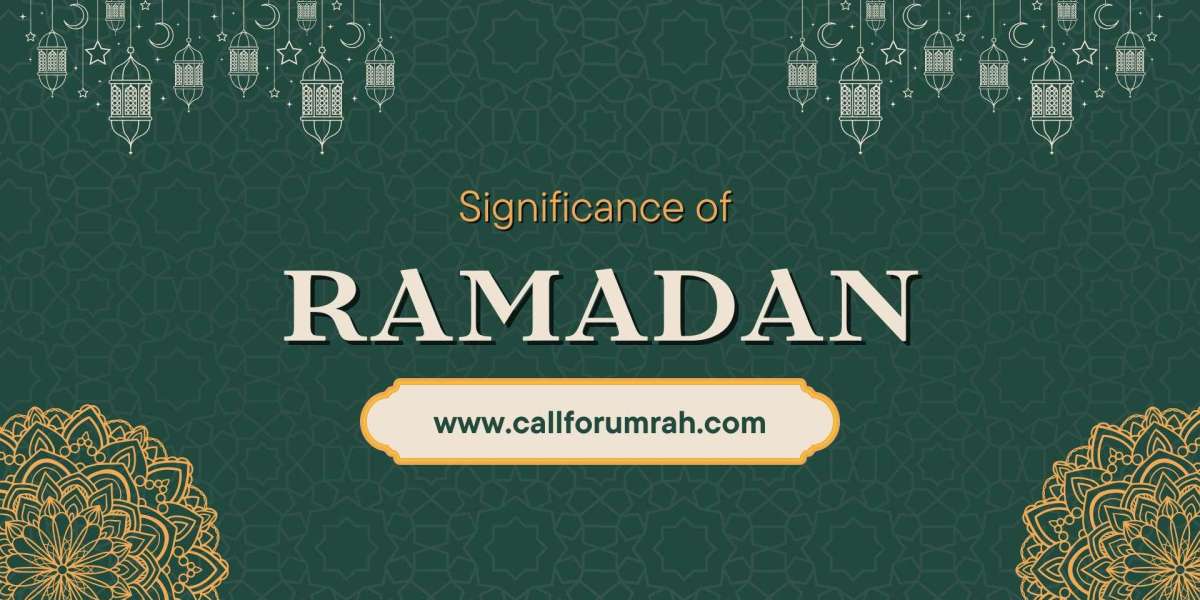Ramadan, the ninth month of the Islamic lunar calendar, holds deep spiritual and emotional importance for Muslims around the world. It is a sacred time of fasting, reflection, prayer, and community. But beyond the visible rituals of abstaining from food and drink, lies a deeper purpose. Understanding the significance of Ramadan goes beyond tradition—it's a transformative journey of the soul.
A Month of Divine Revelation
The importance of Ramadan begins with the fact that it marks the month in which the Quran was first revealed to the Prophet Muhammad (peace be upon him). This divine revelation is commemorated throughout Ramadan, especially during the last ten nights, which include Laylat al-Qadr—the Night of Power. This night is described in the Quran as "better than a thousand months," emphasizing the incredible spiritual value of worship during this time.
Spiritual Cleansing and Renewal
Fasting during Ramadan is not just about physical deprivation. It's a spiritual exercise meant to foster self-discipline, empathy, and closeness to God. From dawn to sunset, Muslims refrain from eating, drinking, and other physical needs as a form of devotion and purification. It is believed that during this month, the gates of Paradise are opened, the gates of Hell are closed, and the devils are chained. Thus, it is a unique opportunity for believers to cleanse their hearts, correct their behaviors, and strengthen their faith.
Strengthening Community and Compassion
One of the most powerful aspects of Ramadan is its ability to bring people together. Whether it’s gathering for iftar (breaking the fast), performing night prayers (Taraweeh), or participating in acts of charity, the sense of community during Ramadan is palpable. The act of fasting itself builds empathy for those who are less fortunate, prompting increased charitable giving and acts of kindness. Zakat (obligatory charity) and Sadaqah (voluntary charity) are both encouraged and widely practiced during this time.
The Call for Umrah
Another important element that enhances the significance of Ramadan is the heightened call for Umrah during this month. While Hajj is performed once a year in the month of Dhul-Hijjah, Umrah can be undertaken at any time. Performing Umrah during Ramadan, however, holds a special merit. According to a hadith of the Prophet Muhammad (peace be upon him), “Umrah in Ramadan is equivalent to Hajj in reward.” As a result, many Muslims plan their Umrah journey during this blessed month to attain multiplied rewards and deepen their spiritual experience.
Conclusion
The significance of Ramadan lies in its unique ability to renew faith, build community, and elevate the soul. It is a divine gift—a chance each year to break away from worldly distractions and reconnect with what truly matters. For many, it’s also a time to heed the call for Umrah, seeking forgiveness, peace, and a closer bond with the Creator. As Ramadan comes and goes, its true value is not just in the rituals observed, but in the transformation it inspires in the hearts of believers.



